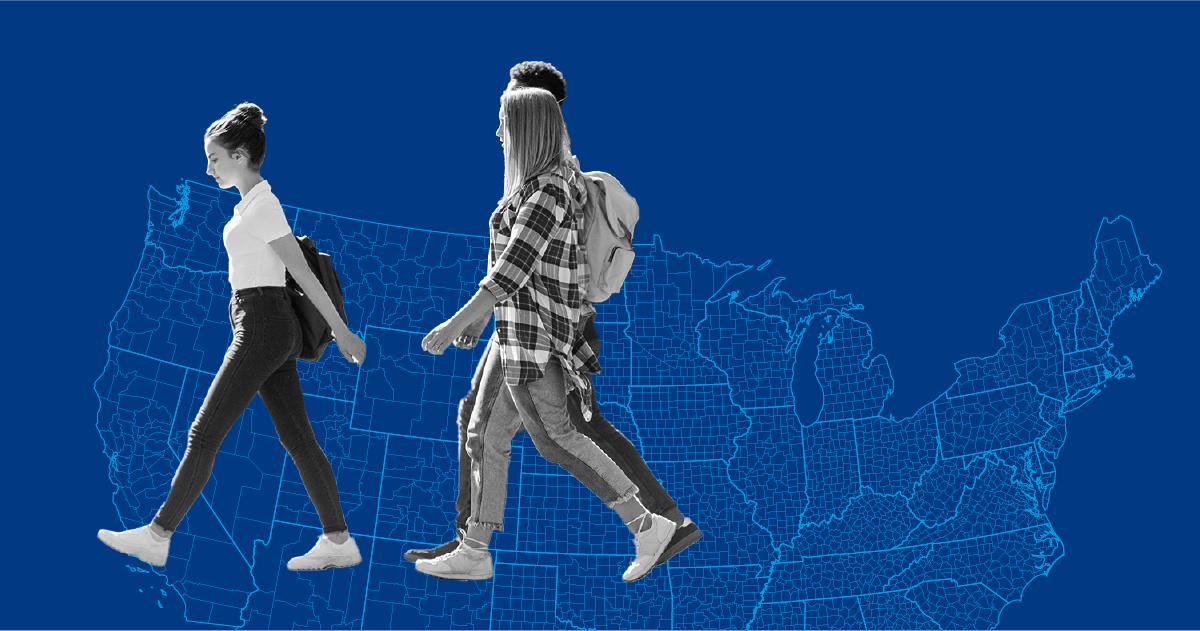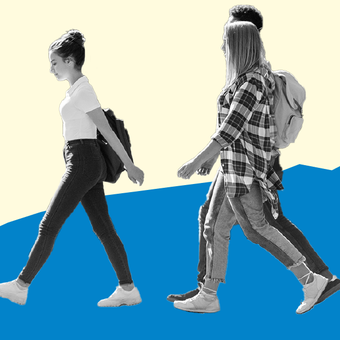Lesbian, gay, and bisexual Americans aged 18 or older were more likely than straight men and women to have a substance use disorder, according to the Substance Abuse and Mental Health Services Administration (SAMHSA). The 2021 and 2022 National Surveys on Drug Use and Health showed that nearly one-third of bisexual men, bisexual women, and gay men and one-quarter of lesbians, had a substance use disorder in the past year.
What is a substance use disorder?
SAMHSA defines substance use disorders as impairments caused by the recurrent use of alcohol, drugs, or both. “Impairments” can include health problems, disabilities, and failure to meet major responsibilities at work, school, or home.
Subscribe to get unbiased, data-driven insights sent to your inbox weekly.
What substance abuse issues are lesbian, gay, and bisexual Americans susceptible to?
The survey also outlines other substance abuse issues that affect LGBTQ+ adults more than straight adults, including:
- Lesbians and bisexual women were more likely than straight women to have engaged in binge drinking in the past month.
- Bisexual women were three times more likely than straight women to have had an opioid use disorder in the past year.
- Gay and bisexual men and women were more likely than their straight counterparts to have used illicit drugs other than marijuana in the past year.
How do these issues connect with mental health issues?
The report concludes that lesbian, gay, and bisexual adult Americans suffer from a higher prevalence of severe mental illness, including major depressive episodes, and self-harm — bisexual women were six times more likely to have attempted suicide in the past year than straight women.
SAMHSA’s data focuses on adults, but recent Centers for Disease Control and Prevention data shows that LGBTQ+ students were also more likely to use illicit drugs at least once than their heterosexual peers, which could potentially cause or worsen mental illness.
If you or someone you know is struggling with substance misuse or abuse, call the SAMHSA National Helpline, 1-800-662-HELP (4357), a free, confidential, 24/7, year-round treatment referral and information service for individuals and families facing mental and substance use disorders.
Learn more about substance abuse in America, and get the latest data by signing up for our weekly newsletter.
Related health articles
Read data analyses written by the USAFacts team.
Page sources and methodology
All of the data on the page was sourced directly from government agencies. The analysis and final review was performed by USAFacts.
Substance Abuse and Mental Health Services Administration
National Survey on Drug Use and Health


